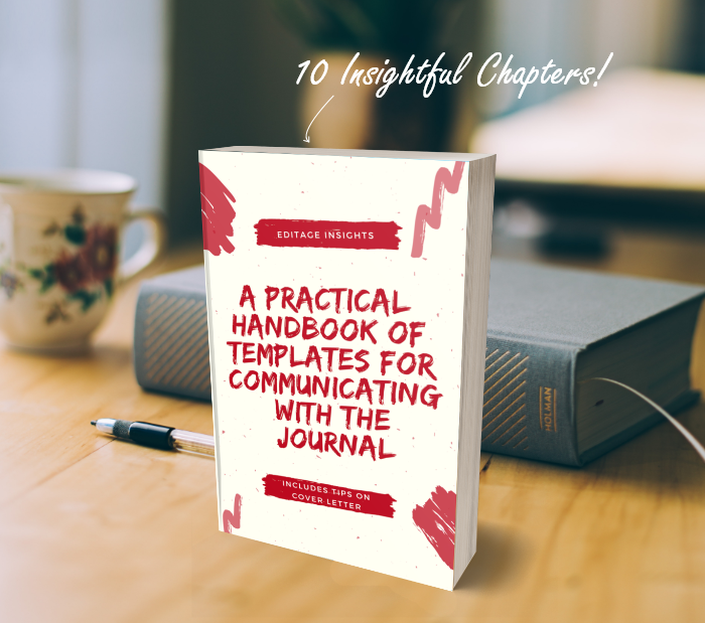
How To Communicate With The Journal? Peer Review Comments, Cover Letter And More
What will you learn?
- How to write persuasive, yet focused, emails to the journal
- How to craft a winning cover letter for your manuscript
- When and how to communicate effectively with journals
- What to include when responding to peer reviewer comments
- How to inquire about delays, deadlines, and submission decisions
- Different points of communication in the publishing process
Description
Wondering how to contact the journal? Are you unsure when, under what kind of circumstances, and how frequently it would be appropriate to write to the editor? Are you undecided about what information you should include in your correspondence? If your answer to these questions is yes, then this specially curated handbook is perfect for you!
A reliable guide to communicating with the editor at the time of submission and during the journal evaluation process, this handbook helps you to identify different situations where you might need to communicate with the journal editor. It also makes your task easier by providing well-crafted email templates to help you draft the most persuasive communication. Packed with tips on how to handle real-life situations, this handy learning resource is extremely popular with researchers.
What topics will you cover?
Lecture 1: How to write a great pre-submission inquiry
Lecture 2: Craft a winning cover letter for your manuscript
Lecture 3: Inquire about the current status of your paper
Lecture 4: Draft the ideal response to peer reviewer comments
Lecture 5: Ask for a deadline extension to submit your revised manuscript
Lecture 6: How to inquire about the delay in editorial board decision
Lecture 7: Request to expedite the decision when you need it for graduation
Lecture 8: How to submit a revised manuscript as a new submission
Lecture 9: When and how to withdraw your manuscript from a journal
Lecture 10: How to make a good case when you apply for an APC waiver
Your Instructor

Kakoli has over ten years’ experience in the field of English Communication and Training, the last four of which have been dedicated to academic publishing. She is passionate about helping young researchers and authors, particularly, non-native speakers of English, overcome the barriers of language and publish in international English language journals. In her current role, her aim is to educate researchers about the publication process and good publication practices. She also writes learning content targeted at young researchers. Kakoli’s empathy with authors and her understanding of the problems they face in research writing and publishing is reflected in her article “How do authors feel when they receive negative reviewer comments: An experience from Chinese biomedical researchers."
